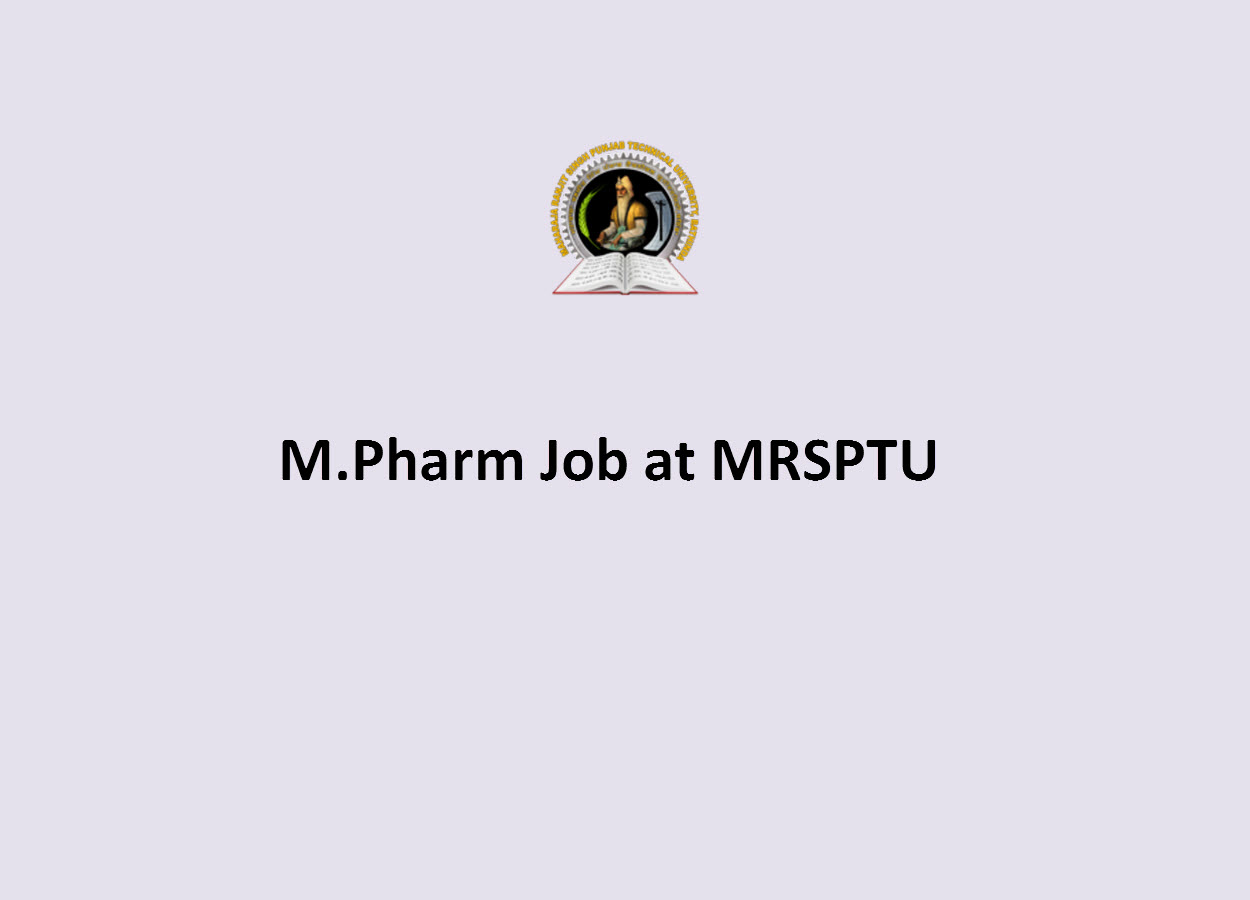Vacancy for Junior Research Fellow at AIIMS | M.Pharm, M.Sc apply
All India Institute of Medical Science, Bathinda (Punjab), an autonomous Institute of National Importance is one of the new AIIMS being established by the Ministry of Health & Family Welfare, Government of India under the Pradhan Mantri Swastya Suraksha Yojna (PMSSY) with the aim of correcting regional imbalance in the quality tertiary level healthcare in the country and attaining Selfsufficiency in graduate and postgraduate medical education of training.



















